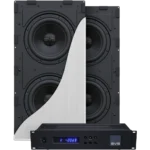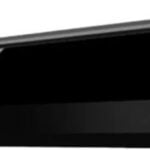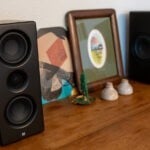Chu Gai
Senior HTF Member
- Joined
- Jun 29, 2001
- Messages
- 7,270
Which means the output impedance of the amp is small so it behaves more like a pure voltage source and doesn't audibly interact with the speaker's impedance curves.
I doubt you'd benefit either.
I doubt you'd benefit either.





